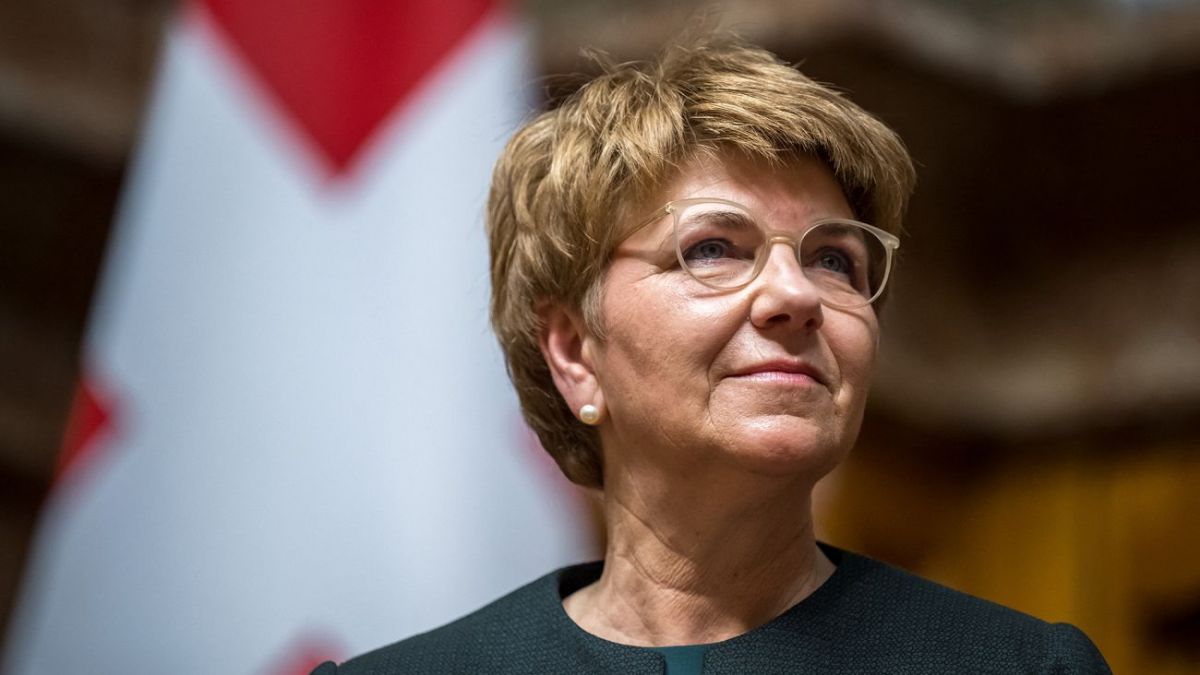Switzerland will begin restricting protection status for Ukrainian refugees from seven western oblasts of Ukraine starting 1 November, according to SRF.
The Swiss Federal Council decided to modify its approach to granting protection status (Status S) to Ukrainians, while maintaining that "a sustainable stabilization in the medium term does not appear realistic" given the ongoing security situation and Russian attacks across large parts of Ukraine.
The government is implementing a parliamentary demand to differentiate between Ukrainian regions based on whether return is considered reasonable. The Swiss parliament, acting on a motion by Esther Friedli (SVP), required authorities to distinguish between areas where return is acceptable and those where it is not.
Under the new rules, Switzerland considers return acceptable to Volyn, Rivne, Lviv, Ternopil, Zakarpattia, Ivano-Frankivsk, and Chernivtsi oblasts.
"To give a sense of scale: of the refugees currently in Switzerland who have protection status, only slightly more than 10 percent come from those regions that the federal government now considers safe," said SRF parliamentary editor Dominik Meier.
Those who have already received protection status will not be affected by the new restrictions. The Federal Council also decided that protection status will not be revoked before early March 2027 at the earliest.
The State Secretariat for Migration (SEM) will continue to review each Ukrainian application individually. If SEM rejects a protection request because the person comes from a region where return is deemed acceptable, a deportation order will be issued.
However, if executing the deportation proves legally impossible or individually unreasonable in a specific case, the person will be temporarily allowed to remain in Switzerland.
Ukrainians who can no longer obtain protection status under the new rules may apply for asylum. Additionally, they can travel to an EU country. "There are no restrictions there," Meier noted.




